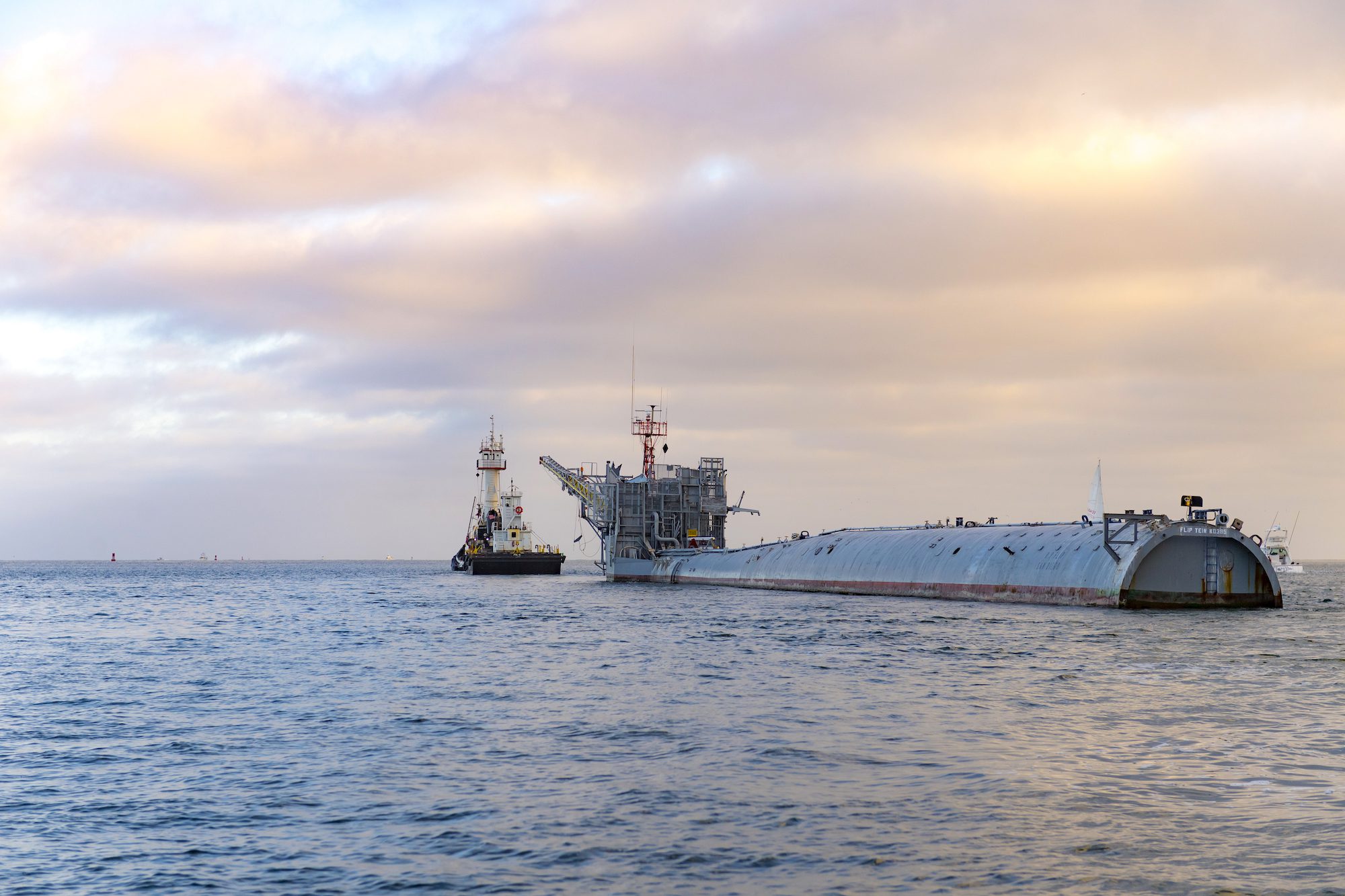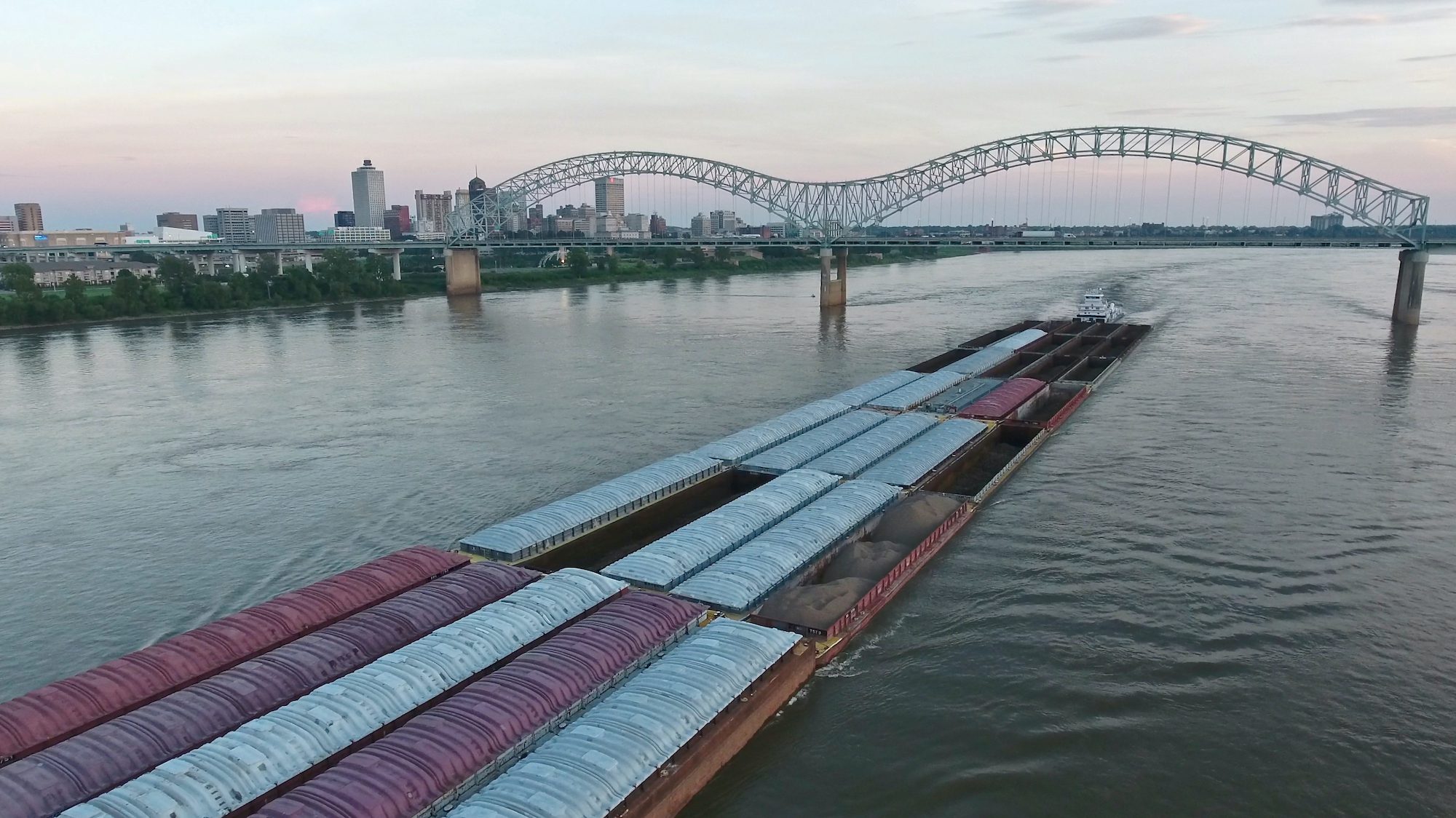by Jonathan Feffer
Former Rep. Harold Ford Jr. is of course, correct in pointing out the need to develop more fully local and contiguous energy sources and is to be commended for his stance (READ: “Where the Jobs Are,” op-ed).
However, the resulting job picture for projects already undertaken is not as rosy as appears at first glance. The contract to build two vessels in Philadelphia for ExxonMobil’s SeaRiver Maritime subsidiary (which each carry 115,000 tons of cargo) are the result of the provisions of our cabotage law, the Jones Act, which dictates that vessels carrying cargo between U.S. ports be constructed in the U.S. and owned and operated by U.S. citizens.
The vessels to be built are of Korean design, with design and engineering work developed as a package by Samsung. The price tag for each vessel is $200 million, yet the cost for the same vessel in the Korean yard of origin is about $52 million. The jobs created by these new contracts will be mostly a rehiring of the workers who became redundant when the previous series of vessels was completed. The engines will be imported.
The news of the casing factory in Youngstown is indeed welcome and one hopes it will be a harbinger of more such efforts.
Yet the impetus for these two developments is artificial in the case of the ship program and emanates from outside the U.S. in the case of the casing program. Similarly, the impetus for the great number of jobs which will develop from the Keystone XL pipeline project is from north of the border, and the force behind the development of the Philadelphia shipyard was Aker Solutions, a Norwegian company.
We need more domestic efforts and Mr. Ford’s argument is the correct one.
(c) 2011 Dow Jones & Company, Inc.

 Join The Club
Join The Club



![Yes to These Shipbuilding Jobs, but More is Needed to Support US Job Creation [OPINION]](https://gcaptain.com/wp-content/uploads/2011/10/tampa-for-web.jpg)







